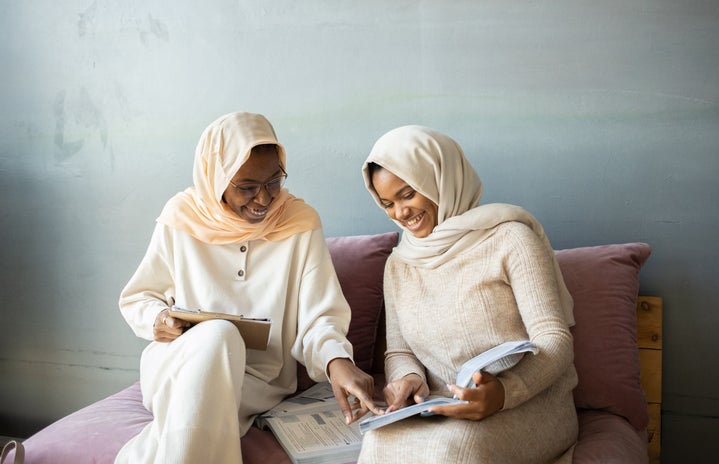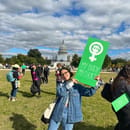On March 30th, the French Senate voted in favor of legislation that – if passed by the France National Assembly – would ban Muslim girls under the age of 18 from wearing a hijab in public. The supposed justification by the French government for this legislation is to combat Islamist separatism. However, if passed, this legislation would be doing just that. This legislation also has the power to ban Muslim women from wearing burkinis in public swimming pools and prohibit hijab-wearing mothers from accompanying their children’s school trips.
France has one of the largest Muslim communities in the Western world, and this legislation violently targets more than four million of them. Stripping young girls, women, and people’s right to choose whether or not they decide to wear a hijab does not constitute government involvement. Yet, it continues to happen.

The ongoing violations against Muslim’s autonomy have prompted serval pushbacks in the form of protest. The hashtag #HandsOffMyHijab has gone viral and continues to spread throughout all social media platforms. To advocate for women’s rights means to advocate for all women and bring attention to the issues that impact the most marginalized. We must as a collective speak out against acts of Islamophobia and xenophobia both domestically and internationally.

To educate ourselves further, I encourage you to engage with Muslim content creators and activists. Here are a few:



